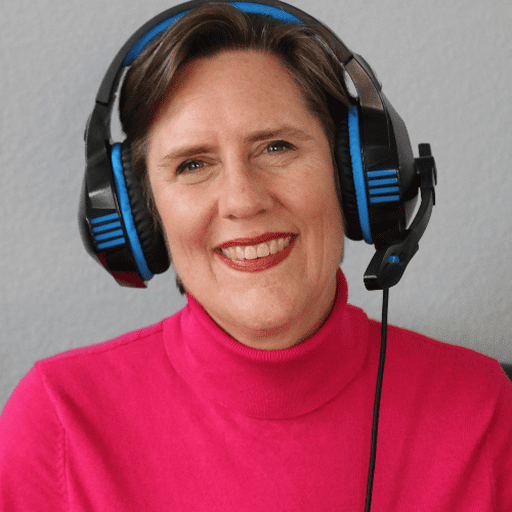Change The Way You Look At Things The SeniorScape™
If the things you look at change because you’ve changed the way you look at them, then the outcomes will likely also change.
So, no matter how you look at it, slice it or try and thread the needle, the truth is that it’s all about your mindset. All too often, what’s behind our action or inaction, is what we think and what we tell ourselves.
It’s the voice in our head, the voice of others in our heads that affects our confidence, our self-imposed, limiting beliefs. Many of which are the product of our past, whether it’s the words that were said to us or the patterns and behaviors we observed in our families. These negative thoughts become the unproductive habits that are the root of our negative thinking and mindset.
We all at times react rather than respond and oftentimes, that reaction leads us to responses to don’t serve us, the situation, or the person(s) at the other end of the communication.
Mindset goes hand-in-hand with awareness and intention.
How can you Master your Mindset so that it serves you well?
FIVE TOP TIPS
1. Awareness. Since thoughts shape our feelings, actions and reactions, and behaviors, which ultimately affects outcomes, the first order of business is to be aware of your thoughts. In order to be fully aware of your thoughts. You have to be present.
2. Direction. What is the direction of your thoughts. Are they Positive or Negative? If negative, they likely are not serving you well.
3. Acceptance. You can’t change the past. Thus, letting go of previous situations or events is an important ingredient for mindset success. As stated in the serenity prayer where one asks to accept the things that can’t be change, the courage to change the things you can, and the Wisdom to know the difference. Therefore, don’t waste time on worry, it is a time waster and an energy drainer. Whether you worry or not, the outcome is the same. In addition, Worry is directionless. It has no goal or purpose except to take up space in your mind that can be used for more direction and purpose.
4. Evaluate. Look at the outcomes. Evaluate whether or not they coincide with your desires or expectations.
If not, what can you do or how can you think act, or respond, so that your desires and outcomes are more aligned to bring you happiness.
5. Reframing. If your thoughts are negative, what can you do to reframe them so they don’t drag you down? Negativity breeds negativity.
According to notable professor and renowned psychologist, Carol S. Dweck, author of the Growth Mindset, recognizing that you can grow, learn and develop into the person you want to be is essential to the growth mindset. This growth mindset is based on the belief that your basic qualities are things you can cultivate through your efforts. This can affect all areas of our lives personal, professional and familial Relationships.
We often associate the word success with business or our professional lives. But success applies to many areas where we face challenges. Therefore, whether you’re caring for another, on the road to improving your self-care, or improving your relationships, a shift in mindset will be critical.
Changing your mindset is simple, but not easy. It takes practice and shifting from unproductive to productive habits; habits that are often deep seated.
There are Strategies of Success but going Solo is often more difficult than one realizes. Nevertheless, whether going Solo or Supported, if you’ve set your intention to begin the journey for becoming the Master of Your Mindset, you may want to begin with Carol S. Dweck’s impactful book Growth Mindset.
Of course, there are many other books and articles you can find on the topic.
If you’d like direction or more information, I’d be happy to answer any questions to help you on your journey.
Email: phyllis@phyllisaymanassociates.com
Originally Published on https://www.phyllisaymanassociates.com/























